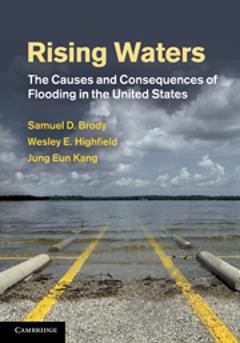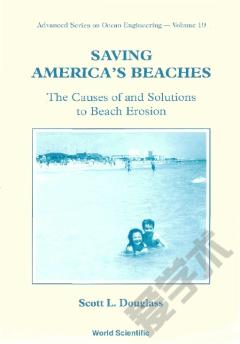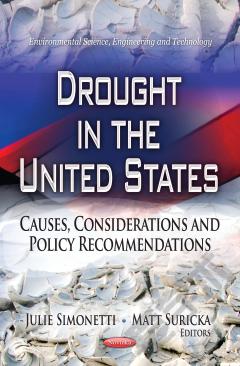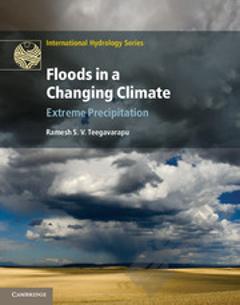Rising Waters: The Causes and Consequences of Flooding in the United States
In the wake of Hurricane Katrina and the flooding of New Orleans in 2005, this interdisciplinary book brings together five years of empirical research funded by the National Science Foundation. It explores the causes of flooding in the United States and the ways in which local communities can reduce the associated human casualties and property damage. Focussing on Texas and Florida, the authors investigate factors other than rainfall that determine the degree of flooding, and consider the key role of non-structural techniques and strategies in flood mitigation. The authors present an empirical and multi-scale assessment that underlines the critical importance of local planning and development decisions. Written for advanced students and researchers in hazard mitigation, hydrology, geography, environmental planning and public policy, this book will also provide policy makers, government employees and engineers with important insights into how to make their communities more resilient to the adverse impacts of flooding.
{{comment.content}}








 京公网安备 11010802027623号
京公网安备 11010802027623号